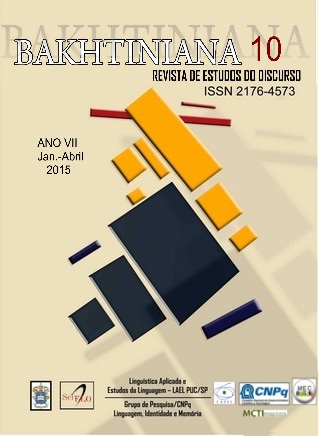Mikhail Bakhtin and Manoel de Barros: between Chronotope and Childhood
Keywords:
Aesthetics, Chronotope, ChildhoodAbstract
This article addresses childhood, time and space through literature and philosophy. We begin with the assessment of Mikhail Bakhtin that leads to the formation of the concept of chronotope, analyzing the work of François Rabelais in the context of grotesque realism. Bakhtin constructs a philosophical perspective of open and collective time-space, freedom, and creation. In turn, the literature of Manoel de Barros embodies a chronotope, cementing a view of the world and men in contrast with meanings and values. This brings us to the understanding that Barros's poems portray a particular aesthetics similar to that assessed by Bakhtin. Barros’s aesthetics is governed by a time-space relationship that associates childhood with creation, the time-space of uselessness and contemplation, the lowering of the gaze, rebirth and the creation of proximities between heterogeneous elements.








